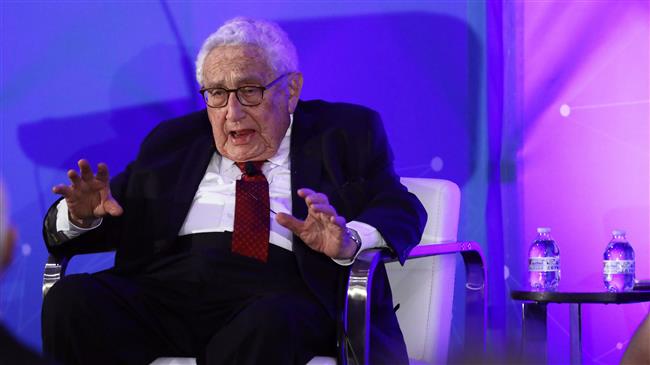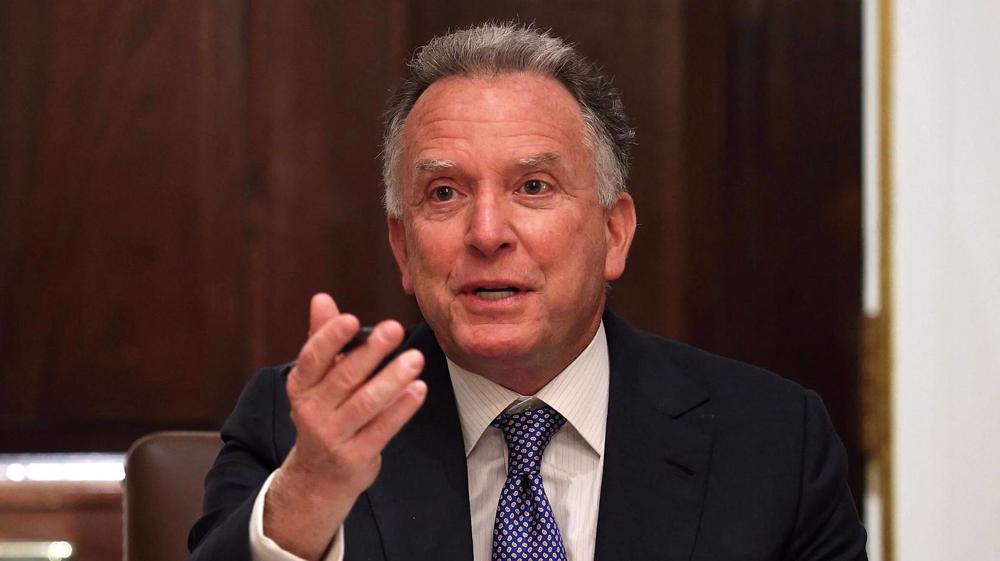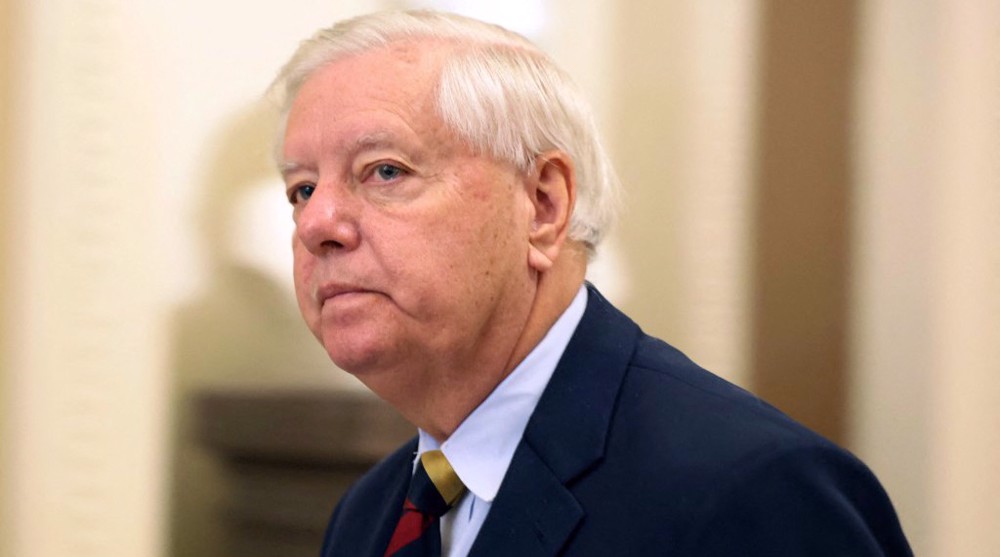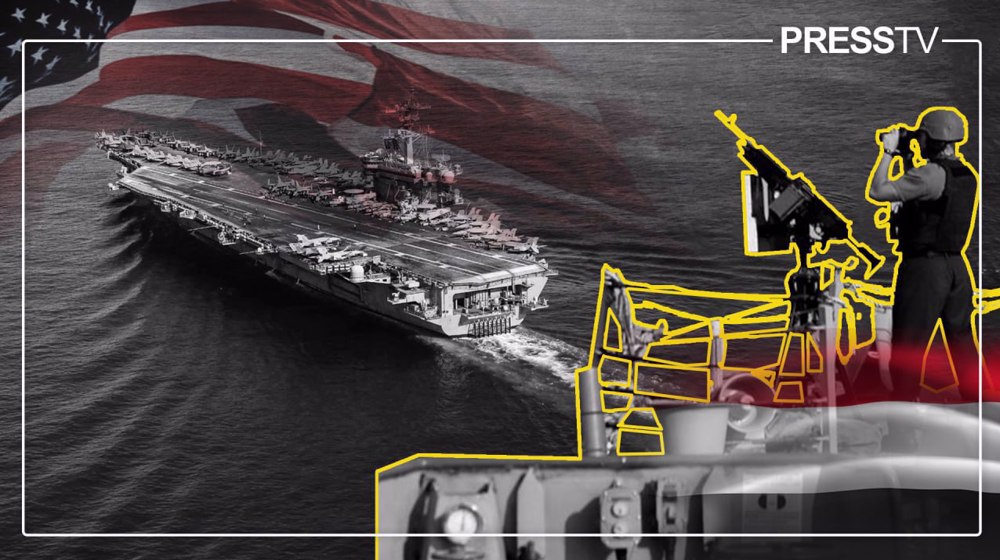US-China trade war could spark global military conflict: Kissinger
Former US Secretary of State Henry Kissinger has warned the trade war between the United States and China could lead to a global military conflict if the two countries fail to resolve their commercial dispute.
Kissinger, 96, made the sober remarks on Thursday at the Bloomberg New Economy Forum in Beijing.
"If conflict is permitted to run unconstrained, the outcome could be even worse than it was in Europe," he said at the Bloomberg New Economy Forum.
"World War I broke out because of a relatively minor crisis ... and today the weapons are more powerful," the former top diplomat said.
The US and China have been engaged in a trade conflict for 18 months and have imposed billions of dollars of tariffs on each other’s goods.
Since early 2018, the administration of US President Donald Trump has pursued a deliberate policy of attempting to hurt China’s economy in response to concerns about the shifting balance of economic power and unfair trade practices.
The US and China are also engaged in a number of other disputes, including US naval operations in the South China Sea, and the US relationship with Taiwan, and US Congress support for protesters in Hong Kong.
"China is a major economic country. And so are we," Kissinger said. "And so we are bound to step on each other's toes all over the world."
Kissenger said the US rivalry with China has not escalated to the same level the United States had with the Soviet Union, “but we also don’t have forward negotiations to reduce the political conflict.“
If the two sides keep seeing "every issue in the world in terms of conflict" with each other, it could be "dangerous for mankind", he said.
When asked if the ongoing unrest in HongKong, a semi-autonomous region of China, could be the flashpoint for a new Cold War, Kissinger said he hoped the crisis would be "settled by negotiations."
Kissenger served as Secretary of State and National Security Advisor under President Richard Nixon.
Kissinger made two trips to China in 1971, the first of which was made in secret, to establish rapprochement between Washington and Beijing.
Iran’s layered arsenal primed to deter – and decimate – US warships in Persian Gulf
Iranian commander dismisses US military buildup in West Asia as ‘theatrical gesture’
Trump ‘curious’ why Iran hasn’t ‘capitulated’ despite massive US military buildup: Witkoff
Hawkish US senator pushes Trump to ignore aides, press ahead with war against Iran
Far-right, anti-Islam protest sparks counter-protests in Manchester
Press TV's news headlines
Sudan’s mining sector suffers $7 billion loss amid ongoing civil war
Ansarullah slams Israel’s massacre in east Lebanon, urges unified Arab action











 This makes it easy to access the Press TV website
This makes it easy to access the Press TV website